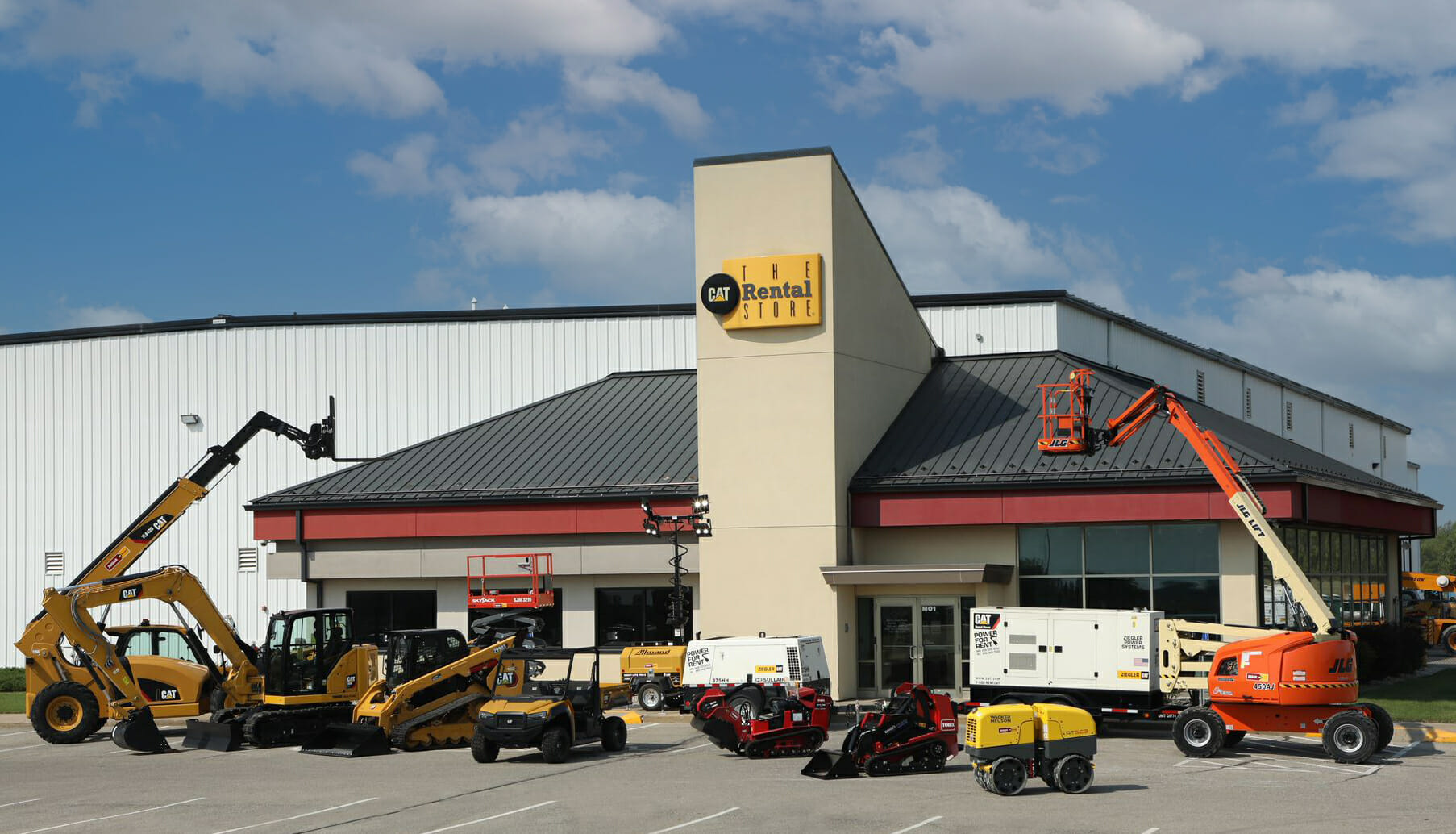
Published on February 23, 2021
Weighing Your Rental Equipment Options
Managing your equipment cost is typically a significant budget item and one that is reoccurring year after year. Formulating a strategy for managing that cost is critical to building a sustainable model and consistent profitability.
One strategy in particular that is worth considering for owners with both large and small fleets is the option of renting versus purchasing your equipment and its subsequent service and maintenance needs.
- The benefits of renting equipment have immediate and long-term value. For one, you are avoiding the up-front expenditure of expensive machinery which in most cases will result in the need to finance the expense and take on debt. By renting what you need, when you need it, you can control your cost and budget on a per-job basis accordingly.
- Renting allows you to access the latest models and technology. Define your job, outline the scope of work and then pick out the machine that is best suited for the project rather than retrofitting or upgrading a machine that you already own.
- Logistically, renting equipment will decrease your need for storage space and transportation costs. Machinery can be delivered to the site, ready to operate, and when you have completed the work, you don’t have to figure out where to keep the machine until the next time it is needed.
- Rented equipment comes with maintenance contracts which means that when a machine malfunctions, you have a repair team already in place, with technicians who know the intricacies of each machine and the most efficient way to repair them which minimizes your down time on the job and negates the expense and training on-staff techs.
- When it comes to business development initiatives, rented equipment can take the restraints off your capabilities because your know-how is not tethered to your access to the right machinery. You can bid jobs with confidence, knowing that you can simply rent what you need to be successful. And your clients will appreciate this strategy as it ensures that you prioritize being on time and within budget.
- Establishing a good relationship with a rental provider will also safeguard you against downturns in the market. An idle machine that you own does not generate revenue, but you will be required to make that payment regardless, which means your capital is flowing in the wrong direction.
- Renting enables you to try each machine before making a purchase decision. This empowers operators to learn how the equipment works in real time so that they can then provide feedback on how effective each machine is to its respective job. Over time that information will be valuable in making investment decisions related to your overall fleet.
- Finally, rentals will always be a tax write-off, no matter how many times they are rented or the number of hours used. Owning a machine means that you can write-off its depreciation as an asset, but that will only last for a few years. Beyond that, it becomes an overhead expense that you pay for in its entirety, without the deduction benefit from Uncle Sam.
Depending on your needs, you should give renting a closer look. It can reduce your capital outlay, enhance your onsite capabilities, save on maintenance and service, and provide a reduction in taxation — all of which increase your bottom line and keep productivity moving in the right direction.
If Ziegler Rental can be of assistance in identifying your rental equipment needs, contact us at 866.699.5066.
Posted In: Construction

